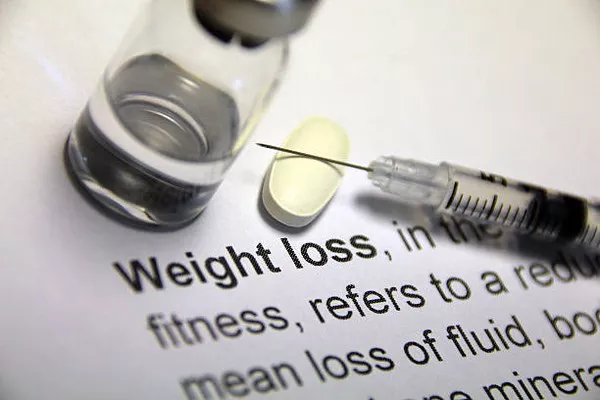Weight-loss injections, such as Wegovy and Mounjaro, have surged in popularity over the past year, yet their rising demand has revealed significant concerns regarding their private procurement. Experts highlight the risks associated with inadequate support and potential misuse as these medications become increasingly accessible through private channels.
Surge in Popularity and Availability
The growing interest in weight-loss injections has stretched supply lines thin, leading some individuals to use these drugs despite not meeting medical criteria. The heightened demand has also prompted concerns about the adequacy of safety measures and regulatory oversight in the private market.
Wegovy and Mounjaro, the trade names for semaglutide and tirzepatide respectively, were initially developed to treat diabetes but have since been found effective in aiding weight loss. These medications work by slowing digestion and reducing appetite, helping users maintain weight loss by modifying brain signals and increasing satiety.
Accessibility Through NHS and Private Channels
In the UK, the National Health Service (NHS) offers these injections under stringent criteria. Eligibility typically requires patients to have a BMI of 35 kg/m² or higher with a weight-related condition, or a BMI of 30 kg/m² if referred to a specialist weight management service (SWMS). Individuals from ethnic minorities with increased health risks can access treatment at a lower BMI threshold.
Privately, Wegovy and Mounjaro are available through licensed pharmacies or private GPs at a monthly cost ranging from £150 to £300, depending on dosage. While private prescriptions have less stringent eligibility requirements, they often lack the comprehensive support and guidance provided through NHS services.
Risks and Side Effects
While effective, these drugs come with potential side effects, including nausea, vomiting, and digestive issues. More severe effects, though rare, include pancreatitis, kidney problems, and thyroid tumors. The transient nature of some side effects, however, does not negate the need for proper management and ongoing medical oversight.
Professor Giles Yeo, an obesity expert, emphasizes the necessity of combining these drugs with nutritional and exercise support to mitigate muscle loss and deficiencies that may result from rapid weight loss. He advocates for a balanced approach that includes dietary management and physical activity, especially for those over 40.
Patient Experiences and Misuse Concerns
Patients who have used these medications, whether through NHS or private routes, report varying experiences. Some have seen significant weight loss and improved health conditions, while others have encountered side effects. However, there are growing concerns about inappropriate use.
Dr. Vicky Price, an A&E consultant, reports an increase in patients misusing these drugs for cosmetic reasons, leading to severe health complications. Dr. Umairah Malik from the eating disorder charity BEAT criticizes the lack of comprehensive screening and in-person consultations, which could exacerbate risks for those with eating disorders.
The Role of Online Pharmacies
Research reveals that online pharmacies often have inconsistent screening processes, making it easier for individuals to obtain prescriptions under false pretenses. A recent investigation found that some online platforms approved requests without adequate verification, raising concerns about the safety and authenticity of the medications provided.
ZavaMed, for example, was found to ship drugs without verifying ID, although the company asserts that it has safeguarding mechanisms in place. Meanwhile, pharmacies like Boots and Superdrug have implemented stricter protocols to ensure patient safety.
Black Market Risks
The increasing demand for weight-loss injections has also led to a rise in counterfeit products. The Medicines and Healthcare products Regulatory Agency (MHRA) has warned about fake semaglutide pens and has seized counterfeit batches. Dr. Alison Cave from the MHRA underscores the dangers of purchasing prescription-only medicines from unauthorized sources, stressing that such practices pose significant health risks.
Conclusion
The burgeoning market for weight-loss injections presents both opportunities and risks. While these medications can offer substantial benefits, their misuse and the potential for inadequate oversight in private prescriptions raise important concerns. Strengthening regulatory measures and ensuring comprehensive patient support are crucial steps to safeguard public health and maintain the efficacy of these treatments.


